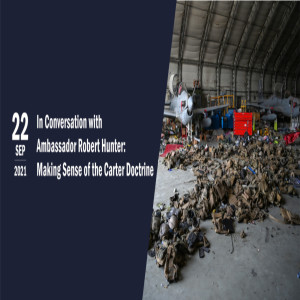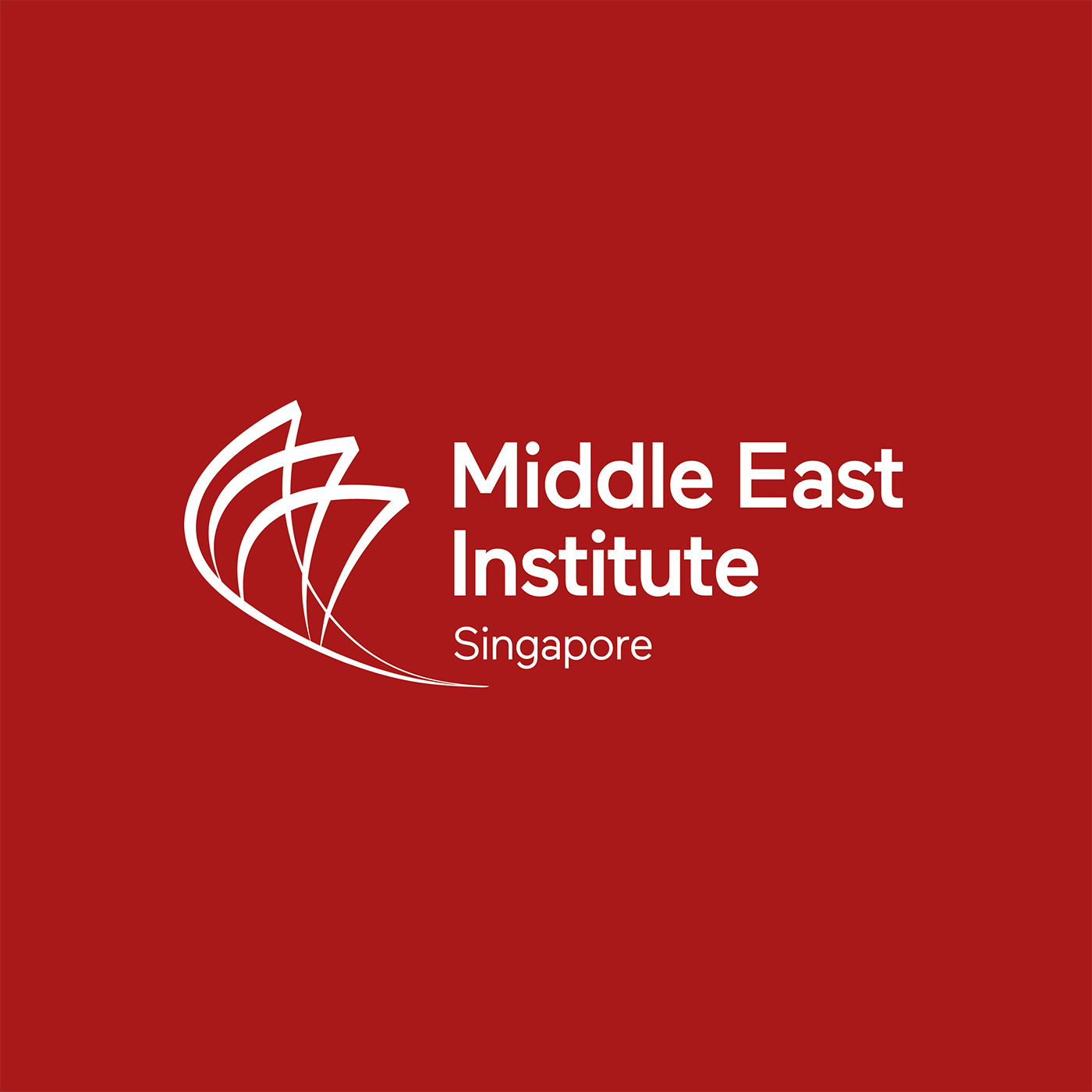Episodes

Monday Sep 27, 2021
Monday Sep 27, 2021
The chaotic American withdrawal from Afghanistan has added fuel to the already-raging debate on the US’ Middle East policy. With tens of thousands of troops still based in the Gulf, is America really moving towards the role of an offshore balancer? With the Biden administration’s pledge to end “forever wars”, the question has now shifted to the reliability of American commitments to its security allies in the Middle East and elsewhere.
The Carter Doctrine, proclaimed in 1980 – ironically, in response to the Soviet invasion of Afghanistan – promised the use of all means necessary, including force, to defend US interests in the Persian Gulf. Once a clarion call enunciating America’s stance against Soviet expansion, is the doctrine still relevant today? What lies at the core of America’s Persian Gulf interests? Most importantly, is the US rethinking its role there?
The Middle East Institute (NUS) is privileged to host Ambassador Robert Hunter, a top official in the Carter Administration who had a hand in crafting the doctrine itself, to tackle these and other questions on America’s evolving Middle East role.
This public talk was conducted online via Zoom on Wednesday, 22 September 2021, from 10.00am to 11.00am (Singapore Time) / 10.00pm–11.00pm (Washington, DC time).
For more information about this event, click here: https://mei.nus.edu.sg/event/in-conversation-with-ambassador-robert-hunter-making-sense-of-the-carter-doctrine/


Comments (0)
To leave or reply to comments, please download free Podbean or
No Comments
To leave or reply to comments,
please download free Podbean App.